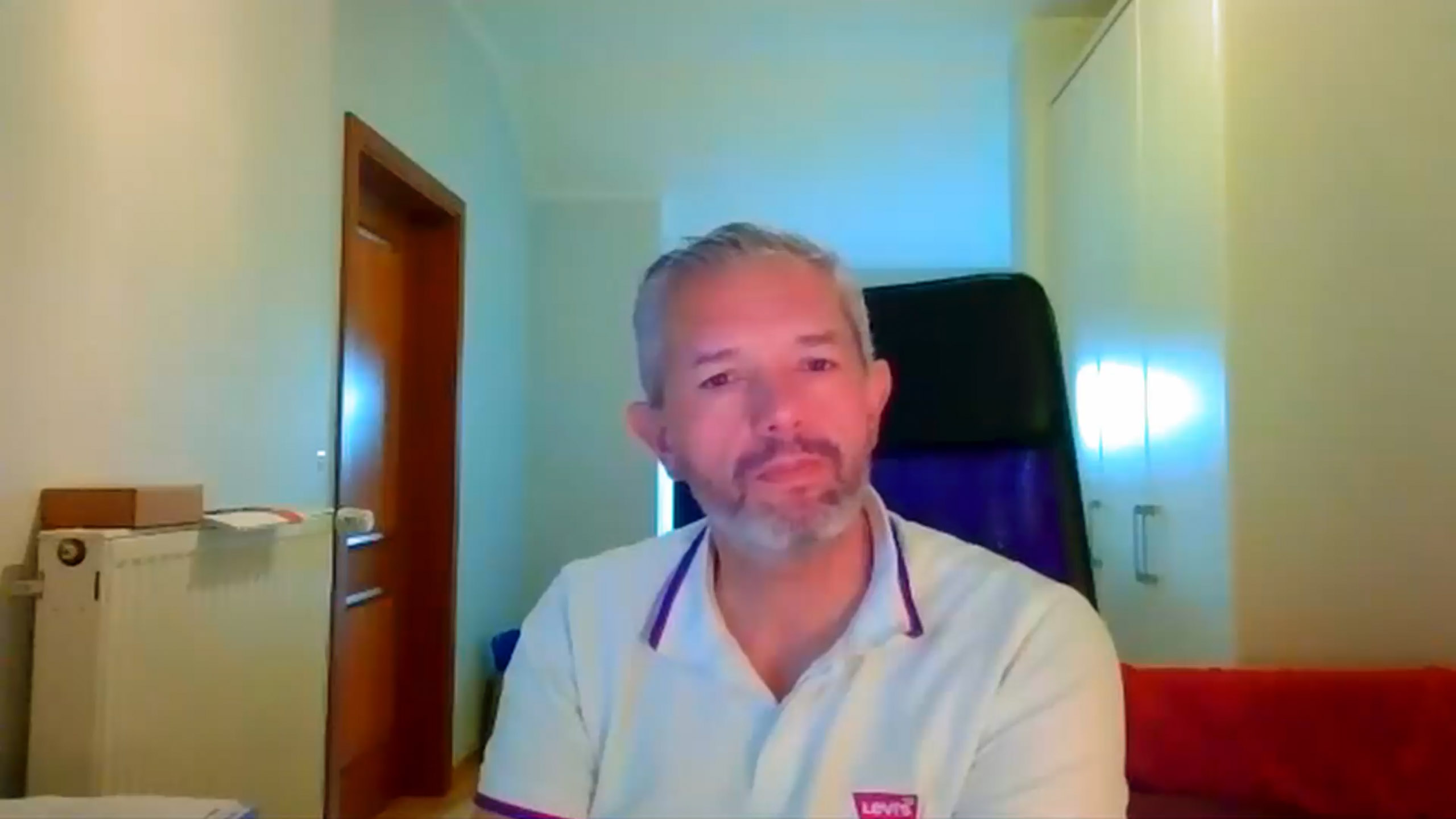
Amazon: Challenges Scaling
Former VP, Amazon Logistics Europe
inpractise.com/articles/amzn-challenges-scaling
Why is this interview interesting?
- The challenge managing costs and hiring enough people when scaling the network
Philippe Hemard
Former VP, Amazon Logistics Europe
Interview Transcript
What do you think is the biggest challenge for Amazon’s network evolution, going forward?
The same that it has always been: scaling. Making sure they are able to grow as fast as they need, as required by their business need, at the same time, their quality and costs. Because you can grow and spend a lot of money but that’s going to make your costs jump. Or you can grow and keep your costs low, by sacrificing the quality. But that is not the Amazon way, either and it creates a big risk of endangering your business. I think it’s always been like that. If I take my 17 years at Amazon, that has been my biggest worry – hiring the number of people that you need and the right quality of the people you need.
Not compromising, as you grow, I believe, is what many companies do very badly. There is a range of companies which are good at maintaining a good level of business growing 3% and doing so very efficiently and even saving costs. I believe that there are many companies like that, who are doing a great job and delivering great results. But there are companies that want to be aggressive in growth but, unfortunately, sacrifice something. Either their bottom line and sometimes, you can hear companies that say, we are going to slow down the growth, because they know that they can cope with it, as they can see their costs going in all directions. Or sacrificing quality, which is the most frequent. My experience with carriers is where I’ve seen the most people who wanted to grow, but are not able to grow. Every time they got a new contract, with a lot of business coming, six months or nine months later, there was a discussion about the quality and there was a problem. We had a few like that, in the UK particularly. People were eager, but didn’t know how to do it. When you don’t know and you’re not structured for it, you fail. That is where, I believe, Amazon is one of the best in class, in the world. Going back to our comment about pet food, yes, you will find people doing a fantastic job, at a cheaper cost, but you don’t find people growing 25%, growing to the size of Amazon, doing it. That’s the difference.
With the size, you get some disadvantage and Amazon has still been able to cope with this growth, at their level.
Copyright Notice
This document may not be reproduced, distributed, or transmitted in any form or by any means including resale of any part, unauthorised distribution to a third party or other electronic methods, without the prior written permission of IP 1 Ltd.
IP 1 Ltd, trading as In Practise (herein referred to as "IP") is a company registered in England and Wales and is not a registered investment advisor or broker-dealer, and is not licensed nor qualified to provide investment advice.
In Practise reserves all copyright, intellectual and other property rights in the Content. The information published in this transcript (“Content”) is for information purposes only and should not be used as the sole basis for making any investment decision. Information provided by IP is to be used as an educational tool and nothing in this Content shall be construed as an offer, recommendation or solicitation regarding any financial product, service or management of investments or securities.
© 2026 IP 1 Ltd. All rights reserved.


